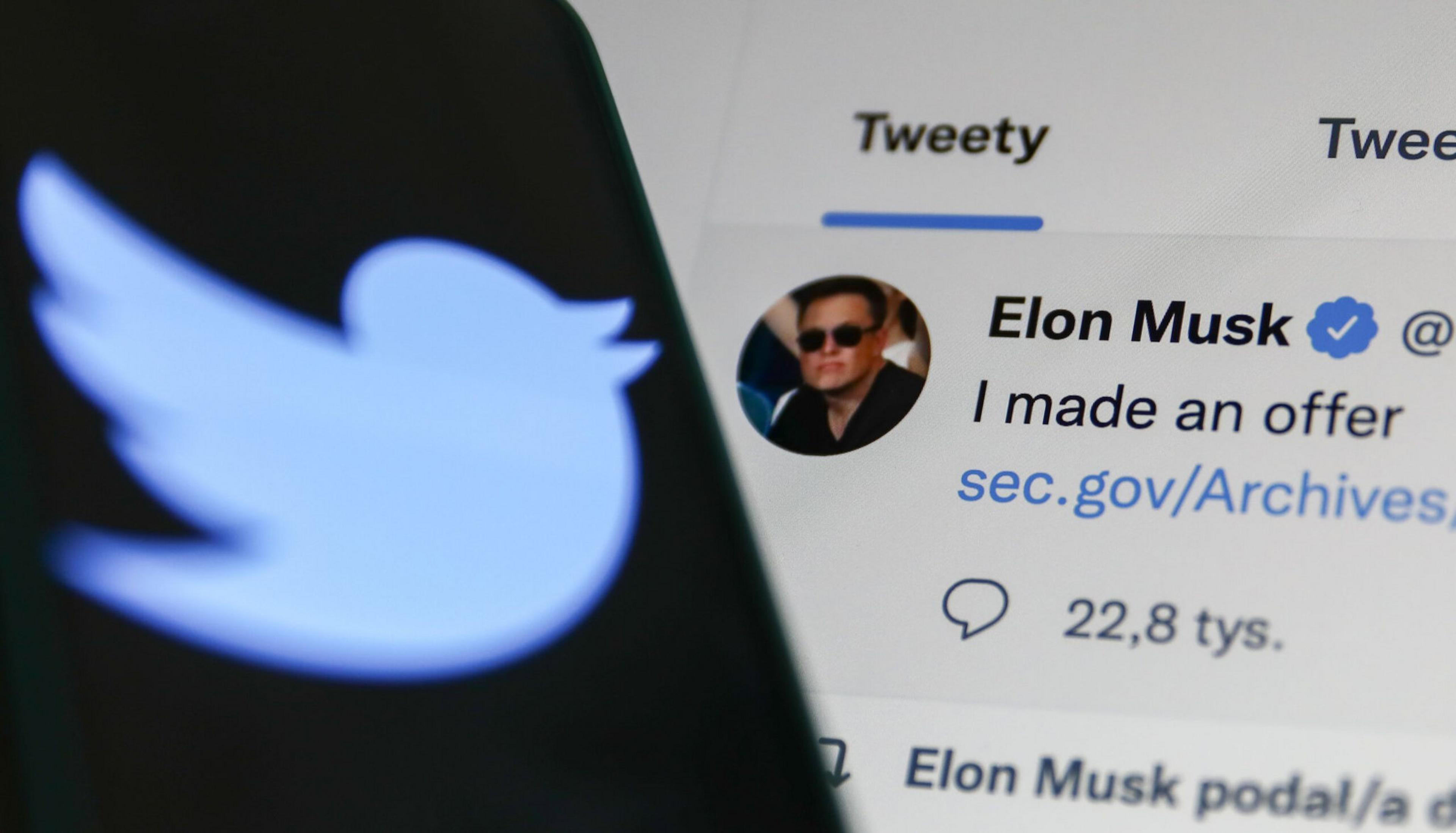Elon Musk’s lurching, stumbling acquisition of San Francisco social media site Twitter has the distinct feeling of a $44 billion joke that has gone on way too long.
Mercifully—both for journalists and the public writ large—the cringeworthy punch line has been delivered, and all signs point to the deal closing in time for a court-ordered Oct. 28 deadline.
To wit, Twitter’s share price has risen to just under Musk’s agreed acquisition price, Musk has changed his Twitter bio to “Chief Twit” and The New York Stock exchange plans to suspend trading of Twitter shares on Friday.
Now the billionaire is staging a pivot from master Twitter troll to a more responsible steward of a major business that employs some 7,500 people. (For now, at least).
The tech mogul was spotted at Twitter’s Mid-Market headquarters this week hobnobbing with employees over coffee and tweeting a dad joke (opens in new tab) to his 110 million followers. He reportedly plans to address Twitter staff on Friday.
Musk also laid out his vision for the social network in a memo.
He said he didn’t purchase Twitter to “make more money”—but reading between the lines, it’s clear that even the world’s richest person can’t afford to have one of his biggest investments fall off a cliff.
Though Musk has previously expressed disdain (opens in new tab) for advertisers—on Twitter itself, naturally—there’s no denying the fact (opens in new tab) that the social media company’s existing business model is heavily reliant on ads.
Twitter has turned a profit only occasionally since it rode a wave of social media hype to a 2013 initial public offering. What’s more, advertisers are a fickle bunch—particularly when the going gets tough. Companies like Meta, Alphabet and Snap have shown declines in advertising spending in recent earnings reports, as part of a broader industry-wide trend line (opens in new tab).
Musk’s proclamations that he plans to limit content moderation in an effort to restore the original “free speech (opens in new tab)” ethos of the platform is making some advertisers nervous (opens in new tab), lest their products be featured in a cesspool of hate speech.
In a bid to calm those fears, Musk wrote in his memo (opens in new tab) that “Twitter obviously cannot become a free-for-all hellscape, where anything can be said with no consequences!”
The power-user-turned-future-owner said that he wanted to own the social network “because it is important to the future of civilization to have a common digital town square” and voiced concern about polarized “echo chambers.”
Combined with rumors of heavy layoffs, it’s a nerve-racking situation for Twitter employees—some of whom circulated a letter (opens in new tab) protesting Musk’s reported plans to gut the company.
Twitter has occupied its Mid-Market headquarters since 2011, though many of its employees have worked remotely since the pandemic.
Musk’s buyout of Twitter is expected to close by the end of day on Oct. 28.
